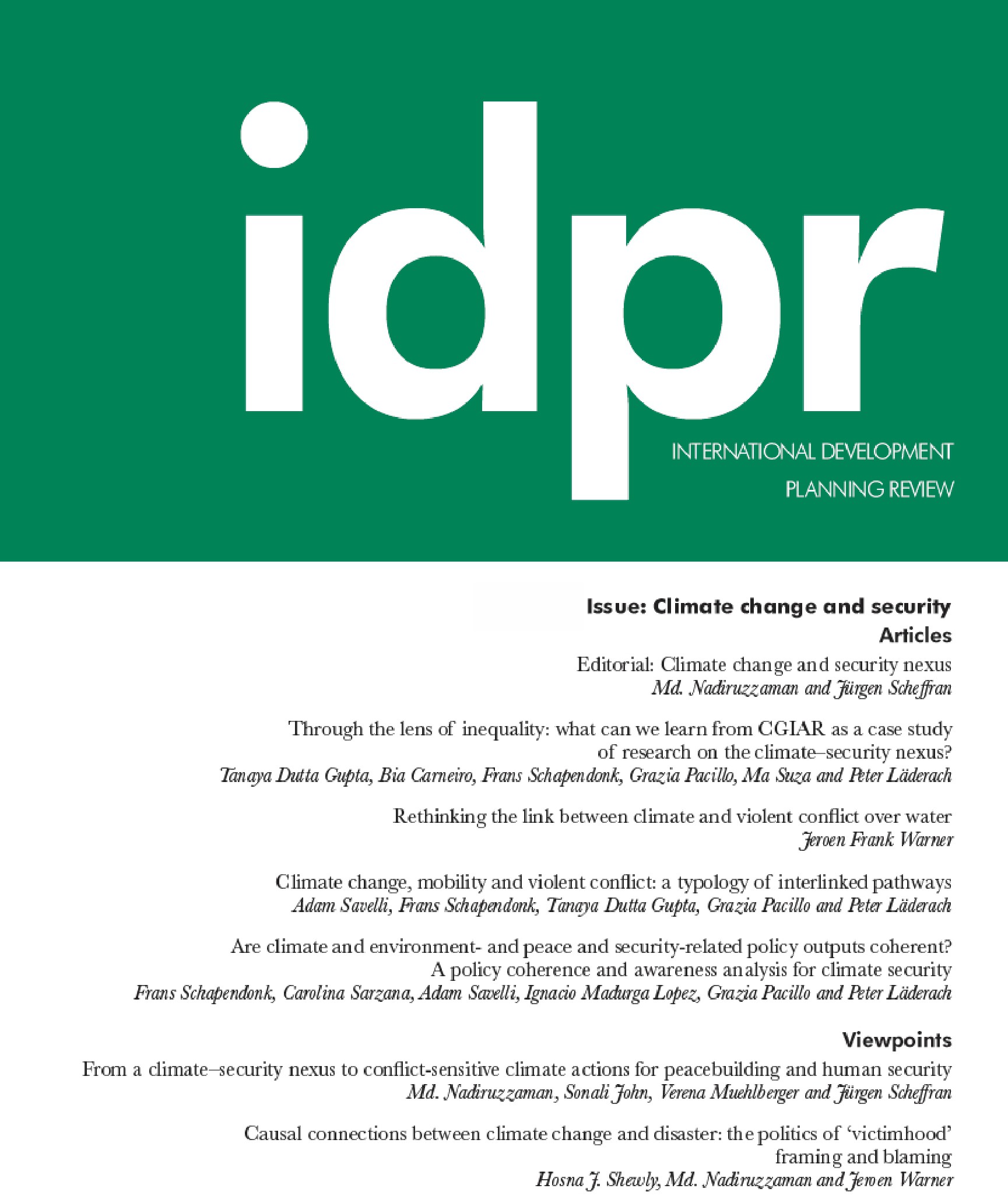SOWING THE SEEDS OF SUSTAINABILITY FROM ANCIENT TO MODERN ERA: HISTORICAL PERSPECTIVES OF SUSTAINABLE FARMING IN INDIA
Abstract
Agriculture has played a significant role in India's history throughout its long and rich cultural heritage. A holistic approach to sustainable farming (agroecology or regenerative agriculture) strives to strike a balance between environmental stewardship, economic viability, and social equality. Organic farming is based on "The Earth has enough for everyone's need but not for everyone's greed"- Mahatma Gandhi. The origins of sustainable farming can be found in prehistoric civilisations when dependence on natural systems made conventional farming methods naturally sustainable. But as industrialisation and mechanised agriculture spread, they also brought forth practices that were dangerous for the environment and the welfare of communities. The Indian subcontinent's ancient civilisations, such as the Harappan and Vedic civilisations, were forerunners in developing sustainable farming practices that supported their societies for generations. Communities of the time relied on the land for their livelihoods and understood the need to protect it for future generations. Therefore, agricultural practices were closely tied to sustainability concepts. By examining ancient history, Mughal history, and their relevance in the context of modern sustainable farming in India, this article illuminates the knowledge of our ancestors, and it draws conclusions from both literary works and historical data.
Keywords: Agriculture, Sustainable farming, Organic Farming, Environment, Social equality






